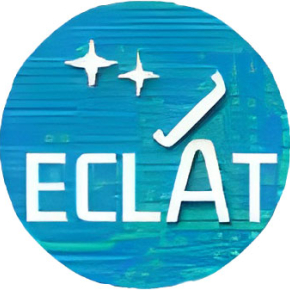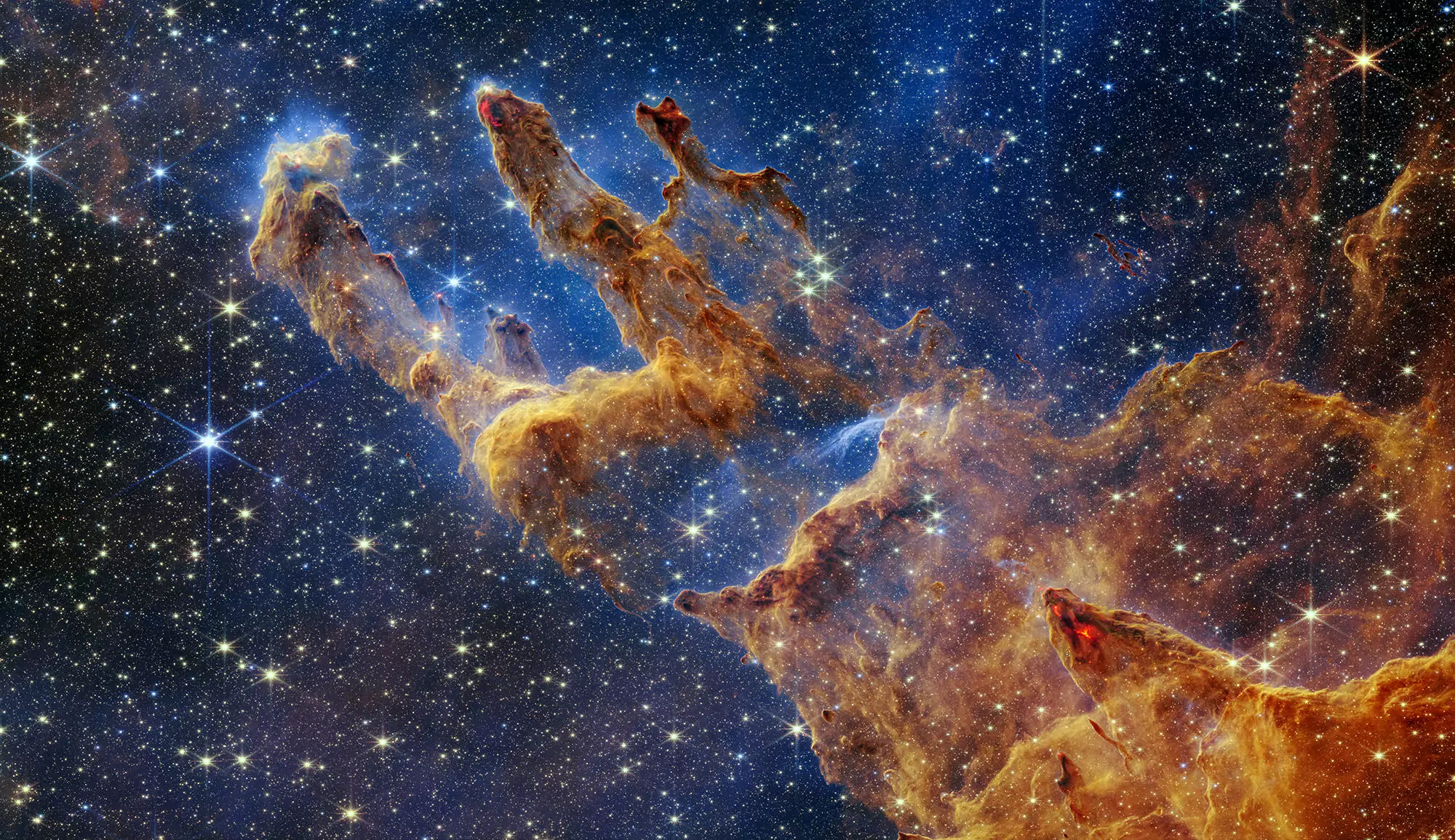CNRS, through three of its institutes (INSU, CNRS Science informatique and CNRS Ingénierie), today announced the creation of the joint laboratory ECLAT (Extreme Computing Lab for Astronomical Telescopes) in partnership with Inria, Observatoire de la Côte d’Azur, Observatoire de Paris-PSL and Eviden (an Atos company).

At its first meeting, the ECLAT steering committee appointed Mr. Damien Gratadour (CNRS / Observatoire de Paris - PSL) as director of ECLAT, and approved the request from Observatoire de Paris-PSL to join the partnership.
Built as a true center of excellence in high-performance computing and artificial intelligence technologies and techniques for astronomical instrumentation, ECLAT will federate the strengths of the 14 associated laboratories and teams around a common roadmap...
ts aim is to facilitate the R&D partnerships needed to design and build future cyber-physical systems for astronomy, capable of ingesting, processing and reducing very large volumes of data.
The SKA research infrastructure, an ambitious international project to develop the world’s largest radio observatory (SKAO, SKA Observatory), will be the first project of this joint laboratory. France’s official membership of the inter-governmental organization SKAO, responsible for building and operating two telescopes, SKA-MID in South Africa and SKA-LOW in Australia->art4992], provided the initial impetus for the creation of ECLAT.
SKA is the astronomy use case which, to date, has mobilized the most French expertise in the fields of computing and data logistics : extreme data flows, complexity and variety of anticipated computing flows, high-performance requirements and data transport, storage and distribution solutions, etc.
The aim of this first project is to bring together the French academic and industrial teams who will contribute to the design of the observatory’s data processing systems at both sites, with a particular focus on energy efficiency.
ECLAT’s roadmap is built around four pillars :
- Instrumentation for astronomy, which will be the foundation on which all developments essential to the definition of research projects will be built.
- Supercomputer design, which will encompass sizing and design studies for the systems to be delivered, including prototyping and deployment, as well as a link with infrastructure design activities (buildings, power generation).
- Research & Development, which will include all work enabling system architects to push back technical and technological limits in order to achieve the objectives of minimizing construction and ownership costs, and maximizing energy efficiency.
- Contribution to SKAO, which will encompass activities that not only fit in with current efforts to build the observatory, but also enhance the value of new, innovative French contributions.
| A laboratory without walls ECLAT is a laboratory without walls, with a national scope, based from the outset on a network of strong collaborations and major national and European projects. 14 laboratories and teams contribute to it, representing some thirty people. They are attached to 9 research organizations and academic establishments - CNRS, Inria, Eviden, Observatoire de la Côte d’Azur, Observatoire de Paris-PSL, INSA Rennes, Université de Rennes, Université Paris-Saclay and CentraleSupélec - which signed the agreement to create this joint laboratory. |
About the contributing parties
[Observatoire de Paris-PSL : Observatoire de Paris - PSL is a public institution in charge of fundamental and applied research, higher education and the sharing of knowledge in disciplines related to the sciences of the Universe and astronomy. The 800 people working on its 3 campuses - Paris, Meudon and Nançay - contribute to theoretical studies, instrumental innovation and observation services for large ground-based telescopes, metrology and space missions. At its Meudon site, it pioneered adaptive optics, a technology specific to astronomical observation, which it continues to develop ; at its Nançay site, it operates several radio telescopes, including the latest NenuFAR, one of SKA’s Pathfinders.
CNRS : The Centre national de la recherche scientifique is one of the world’s leading research institutions. To meet the major challenges of today and tomorrow, its scientists explore life, matter, the Universe and the workings of human societies. Internationally recognized for the excellence of its scientific work, the CNRS is a benchmark in the world of research and development, as well as for the general public.
Inria : Inria is the French national institute for research in digital science and technology. Its DNA is world-class research, technological innovation and entrepreneurial risk-taking. More than 3,900 researchers and engineers work in 200 project-teams, most of which are shared with major research universities, to explore new avenues, often in interdisciplinary collaboration with industrial partners, in response to ambitious challenges. As a technology institute, Inria supports a wide range of innovation paths : from open source software publishing to the creation of technology startups (Deeptech).
OCA : L’Observatoire de la Côte d’Azuris an internationally recognized research center in the sciences of the Planet and the Universe, whose mission is to contribute to the advancement of knowledge of the Universe through the systematic acquisition of observational data, the development and exploitation of appropriate theoretical, experimental and technical means, in the fields of astronomy, geosciences, related sciences such as mechanics, signal processing, or optics, and their applications.
[Eviden : Eviden1 is a next-generation technology leader specializing in reliable, sustainable, data-driven digital transformation, with a strong portfolio of patented technologies. Its position as a global leader in advanced computing, security, AI, cloud and digital platforms enables it to provide in-depth expertise for all business sectors, in over 47 countries. Bringing together 53,000 world-class talents, Eviden expands the possibilities offered by data and technology across the digital continuum, today and for generations to come. Eviden is an Atos Group company with annual sales of around €5 billion.
